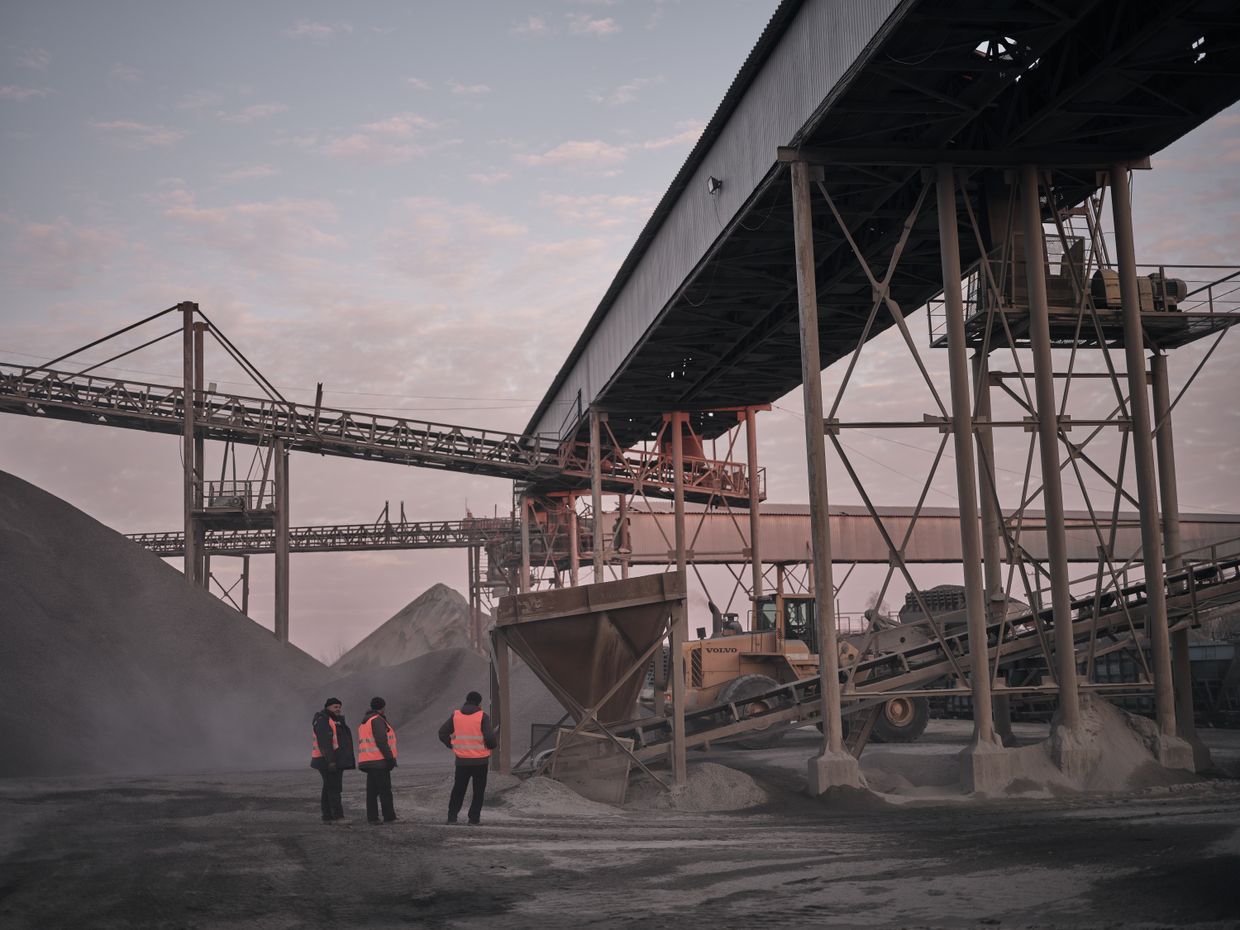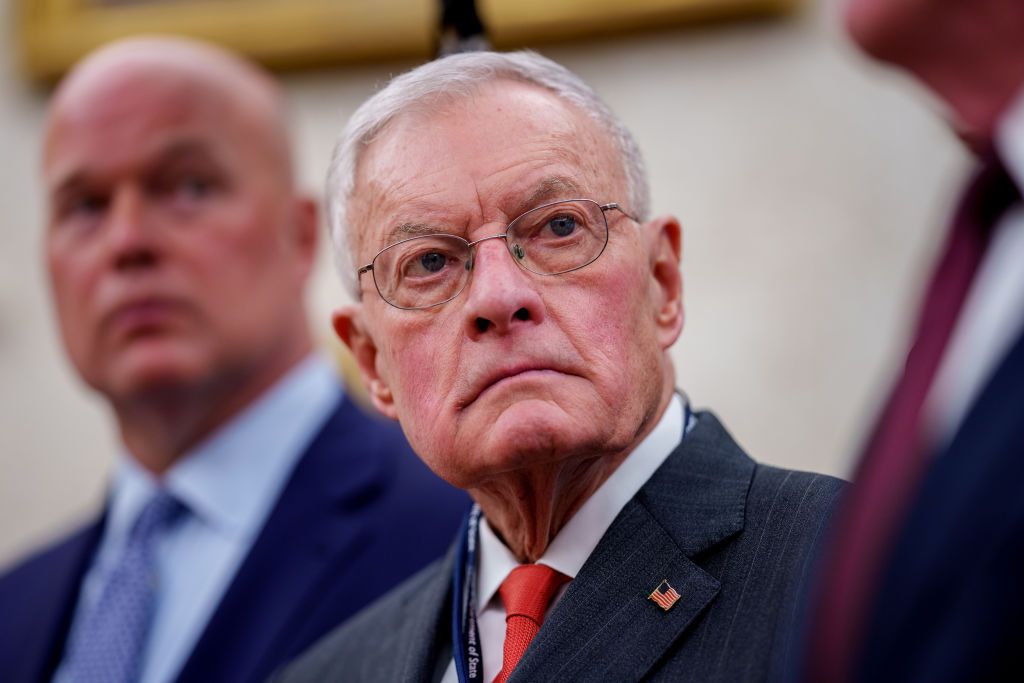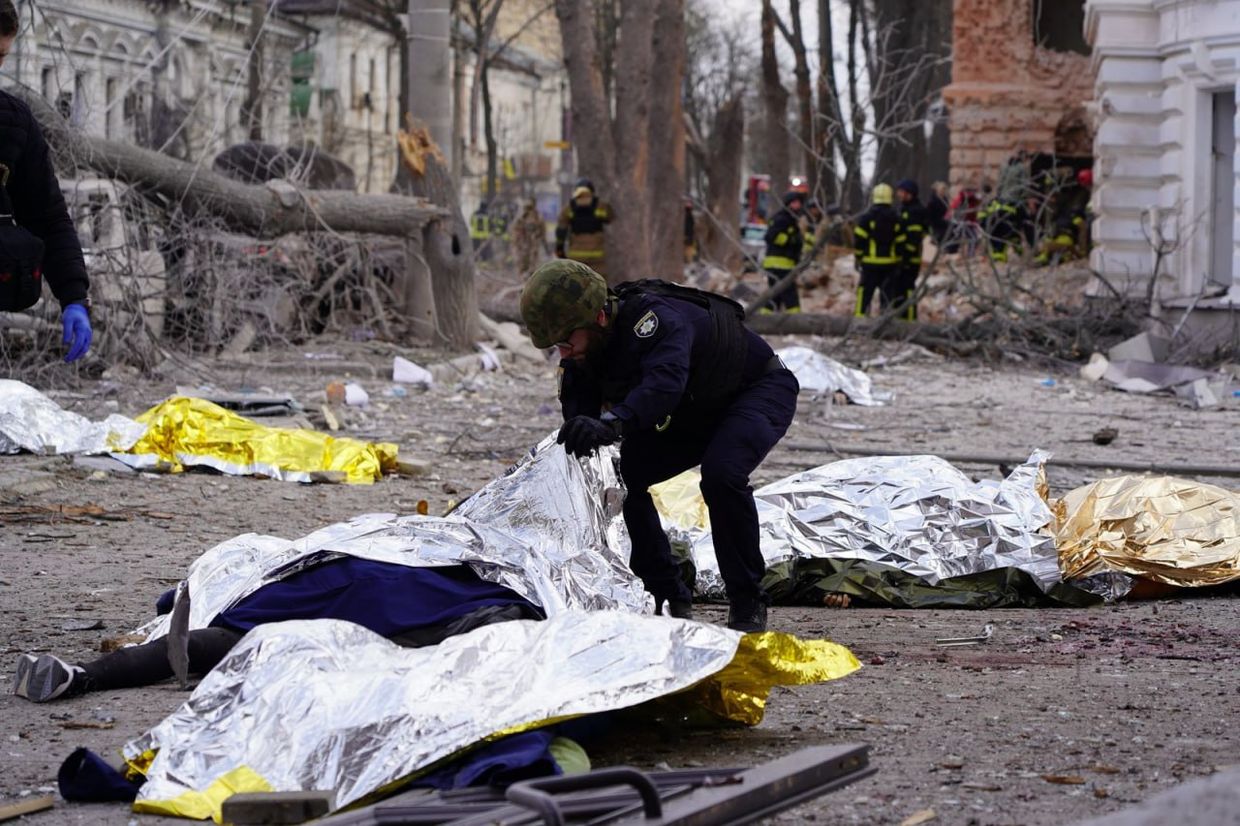If you thought the United States’ first minerals deal with Ukraine was bad, the new version reads even worse. This one makes the previous deal look like charity by comparison. Check out the Financial Times piece and the link to the leaked document.
Some might call it extortion; others might view it as a form of colonial exploitation. But the U.S. essentially wants to be repaid for its contributions to Ukraine's defense, seemingly before Ukraine receives any benefits. It's unclear whether this is the $122 billion or so that the Kiel Institute tracks as the U.S. contribution or the $350 billion figure that U.S. President Donald Trump is pushing as the U.S. contribution.
With the U.S. looking to control Ukraine's minerals and investment space, what is left for other international partners?
I must clarify that there is no evidence to support Trump's $350 billion figure as the actual cost to the U.S. for supporting Ukraine. In fact, a significant portion (around half) of the $122 billion the U.S. has spent so far stayed within the U.S., with funds directed toward weapon purchases and hefty fees paid to U.S. contractors — creating jobs in the U.S. in the process.
It seems that in this new fund, the U.S. would dominate decision-making, appointing three of the five members to its supervisory board.
Most of Ukraine's mineral resources, including oil and gas, appear to be included in the scope of this new sovereign wealth fund. This raises significant concerns about the status of existing state-owned enterprises (SOEs) and other entities with licenses covering these resources — and the flow of funds to the Ukrainian government.
I’m left wondering what Ukraine actually gets out of this deal. There are no security guarantees, and the concern is that Ukraine could see an outflow of dividends and royalties as the U.S. looks to recoup its $122 billion contribution to Ukraine’s war effort. The obvious worry here is that this deal could act as a growth drag, not a growth driver.
With the U.S. looking to control Ukraine's minerals and investment space, what is left for other international partners? Why would Europe or Asia want to invest in Ukraine under these terms?
In the end, I see this deal as a drag on Ukraine’s growth and investment potential. For all these reasons, and the clear loss of sovereignty that this deal implies, I just can’t see Ukrainian leaders signing off on it.

Why would they? They get no security assurances in return, but would suffer a loss of sovereignty, loss of ownership of assets, and a weakened fiscal and balance-of-payments position, along with the risk of capital outflows due to profit and dividend repatriation.
Ukrainians might view this deal as an attempt by the U.S. to exploit their vulnerability during a time of crisis, while millions of Ukrainians have sacrificed blood and treasure defending Western values and holding the front line against Russian aggression. If it wasn't already clear that the Trump administration isn’t fully aligned with Ukraine’s interests, this document spells it out.
The real danger, should Ukraine sign this deal, is that it would signal that Ukraine is completely dependent on the whims of Trump. It would show that Ukraine is vulnerable to manipulation by both Russia and the U.S. Why would Ukraine trust anything Trump says about Ukraine or Russia, given his consistent failure to understand Ukraine’s interests and red lines? Meanwhile, Trump has repeatedly ceded to Russian interests. Signing this deal would essentially mean Ukraine is handing over its future to both Trump and Russian President Vladimir Putin.
The irony here is that Putin invaded Ukraine to undermine and capture Ukrainian sovereignty, but through this deal, the U.S. might deliver the final blow to that very sovereignty — profiting from Ukrainian weakness before Russia can.
This document reads almost like the Treaty of Versailles, imposed on Germany by France after World War I. But I’m not sure the U.S. realizes that Ukraine has not lost this war yet. It can still fight on, regardless of what Trump and Putin agree upon. Ukraine’s agency in any peace process still exists. This deal may make that reality more likely — Ukrainians will surely recognize that there’s no upside to submitting to Trump’s conditions for peace.
Editor’s Note: The opinions expressed in the op-ed section are those of the authors and do not necessarily reflect the views of the Kyiv Independent.














